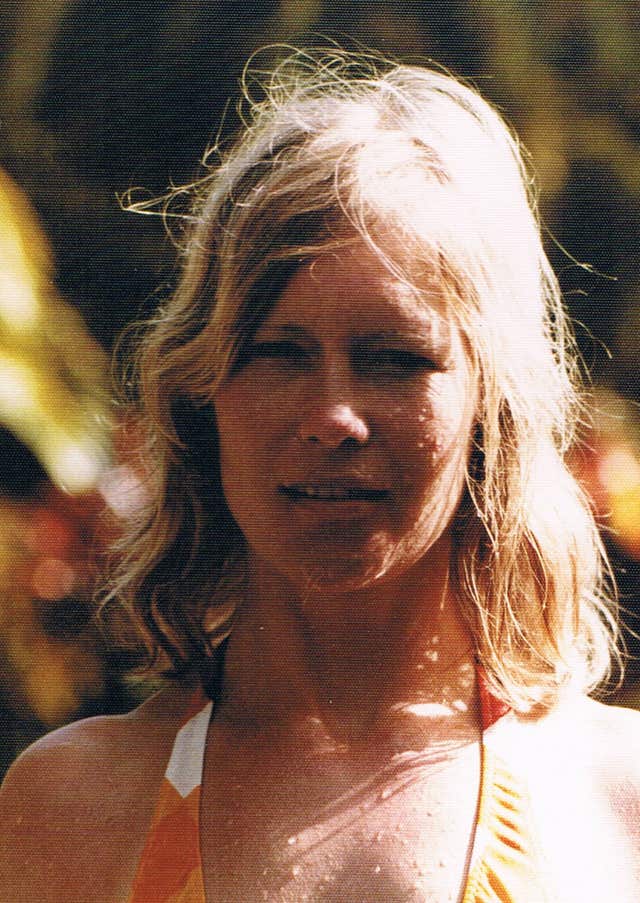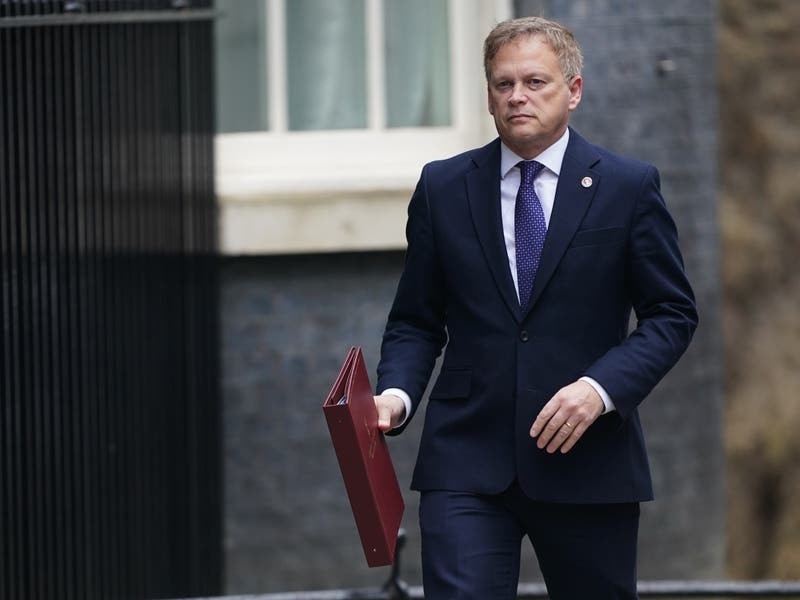The first public parole board hearing in UK history is taking place.
Parole judges are deciding whether a man who murdered his wife and never revealed where he hid her body can be freed from jail in the first hearing of its kind not to be held behind closed doors after changes in the law.
Russell Causley was handed a life sentence for killing Carole Packman, who disappeared in 1985 – a year after he moved his lover into their home in Bournemouth, Dorset.

Their daughter Samantha Gillingham, from Northamptonshire, was 16 when her mother went missing and has campaigned for years alongside her son Neil to keep her father behind bars and for his case to be heard in public.
The hearing, which is taking place in a prison, began on Monday morning with relatives, members of the public and journalists allowed to watch the proceedings on a live video link from the Parole Board’s offices in Canary Wharf, London.
A decision on the case is expected to be made at a later date.
Ministers pledged to improve transparency over Parole Board decisions after a public outcry over the direction to release London taxi driver rapist John Worboys – which was overturned by the High Court in 2018 following a legal challenge brought by two of his victims.
Parole hearings – which decide if criminals including those serving life sentences and terrorists should be freed from jail or stay behind bars – have always been held in private, often inside prisons, with victims and other observers granted limited access in rare circumstances.
But since rule changes came into force in July, victims, the press and other interested parties are allowed to request a case is reviewed in public in a bid to remove the secrecy around the process.

He was first convicted of murder in 1996 but this was quashed by the Court of Appeal in June 2003, and he then faced a second trial for murder and was again found guilty.
The Parole Board granted an application to hear the case in public in September but documents revealed Causley, now 79, was against this and indicated he may not give evidence if the request was approved.
The hearing was initially due to take place in October but had to be postponed after “compelling evidence” emerged of a “long campaign” to undermine the process which put the prisoner’s safety at risk, the Parole Board said.
Charles Bronson – one of the UK’s longest serving and most notorious prisoners who has since changed his surname to Salvador – has also been granted a request to have his case heard in public when he makes his latest bid for freedom. A date is yet to be set, but the hearing is expected to take place next year.
Justice Secretary Dominic Raab said: “Pulling back the curtain on the parole process by allowing hearings to be heard in public is a major step forward for victims who want to see justice being done first-hand.
“It marks the first step in our reforms to overhaul the system – putting victims and public protection front and centre of the process.”






